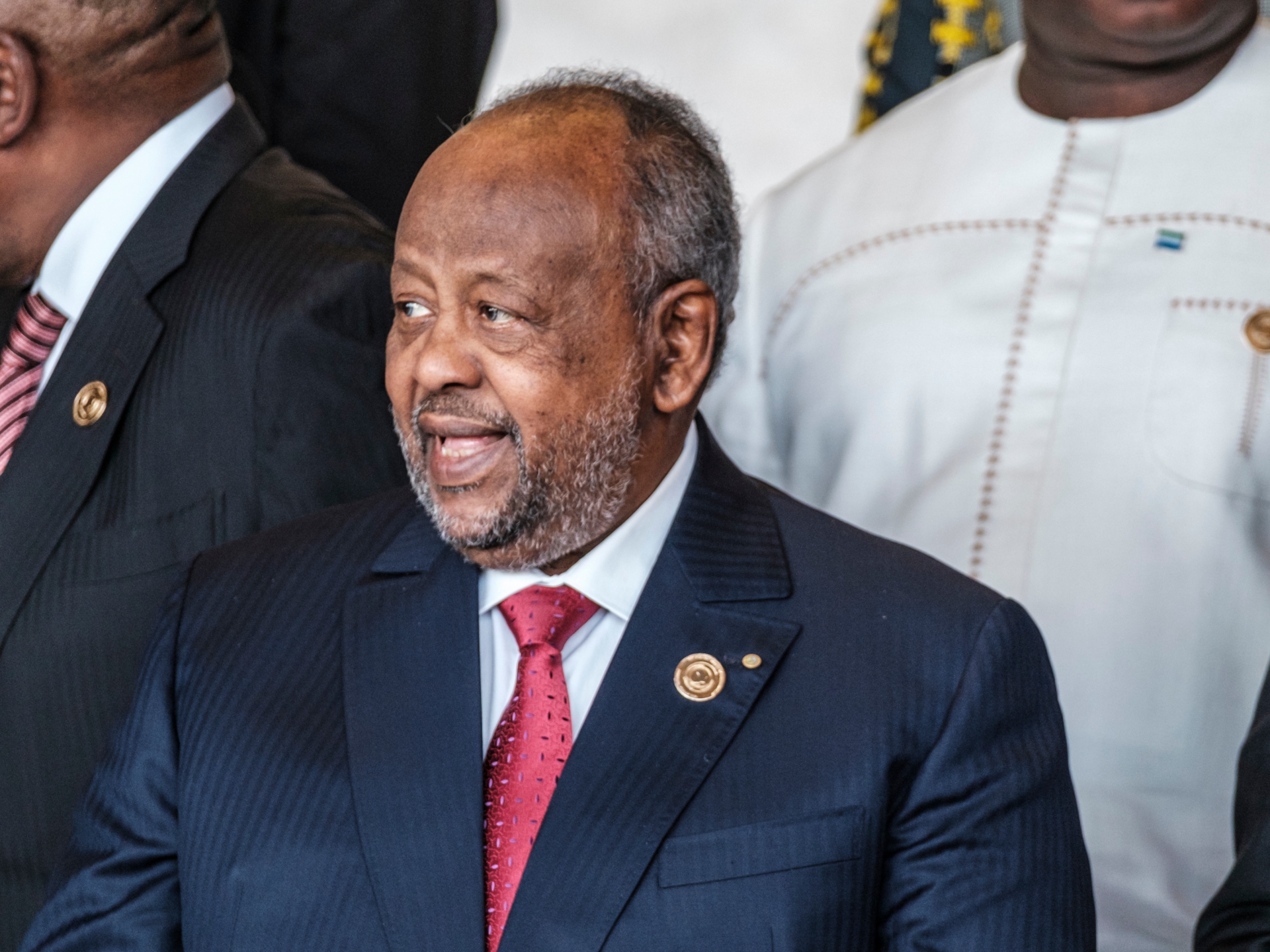The tiny Horn of Africa nation of Djibouti is voting in parliamentary elections on Friday that have been boycotted by the main opposition parties, who have branded the polls a sham.
Only two parties are contesting seats in the 65-member National Assembly, where veteran President Ismail Omar Guelleh’s ruling Union for the Presidential Majority (UMP) is assured of victory.
Despite its diminutive size, Djibouti enjoys a strategically crucial position at the mouth of the Red Sea, using it to woo trade investors and foreign military powers.
The opposition charges that the poll, which follows a presidential ballot in April 2021 that saw Guelleh re-elected for a fifth term with 97 percent of the vote, will not be free and fair.
“This election is only a formality, nothing will change,” said a 32-year-old unemployed man, who gave his name as Ali.
Guelleh, 75, has ruled Djibouti with an iron fist since 1999 and the country has seen an erosion of press freedom and a crackdown on dissent.
The economy took a hit in 2022 from the war in Ukraine, a regional drought and fallout from the two-year conflict in neighbouring Ethiopia, but is expected to grow by about five percent this year, according to the International Monetary Fund (IMF).
‘Single party’
The main opposition parties, including the Movement for Democratic Renewal and Development (MRD) and the Republican Alliance for Democracy (ARD), have announced they will not take part.
“Elections in our country are still not free, not transparent and not democratic,” the MRD said in a statement in January, describing Friday’s vote as nothing more than a “charade”.
“The people of Djibouti are deprived of their right to freely choose their leaders,” it added, denouncing the country’s “single party” system.
Djibouti’s 230,000 voters will choose MPs for a five-year term, with the law stipulating that 25 percent of the 65 seats must go to women.
In the last legislative ballot in 2018, the UMP – which emerged from a party that ruled Djibouti since independence from France in 1977 – won 58 seats.
The Union for Democracy and Justice (UDJ), the only other party running on Friday, took five of the remaining seven.
“This election, similar to the presidential polls in 2021, are not really taken seriously by the population any more – the public interest is very, very limited,” Benedikt Kamski, Horn of Africa researcher for Germany’s Arnold Bergstraesser Institute, told AFP news agency.
The Intergovernmental Authority on Development (IGAD), a regional bloc, said it would be sending an observer mission.
Strategic position
Under Guelleh, the country of one million people has exploited its prime geographical advantage, investing heavily in ports and logistics infrastructure.
Flanked by Eritrea, Ethiopia and Somalia, and across the sea from Yemen, the desert nation has remained stable in a volatile neighbourhood.
Foreign military powers including colonial ruler France, the United States and China, as well as Italy and Japan, have established bases or support facilities there.
It dreams of becoming the “Dubai of Africa” with the help of foreign investment, notably from China.
The Asian giant helped fund a rail link between Djibouti and the Ethiopian capital, Addis Ababa, which opened in 2017. It is also financing Africa’s biggest free trade zone.
In January, the government announced a memorandum of understanding with a Hong Kong-based company to build a $1bn commercial spaceport expected to take five years to build.
